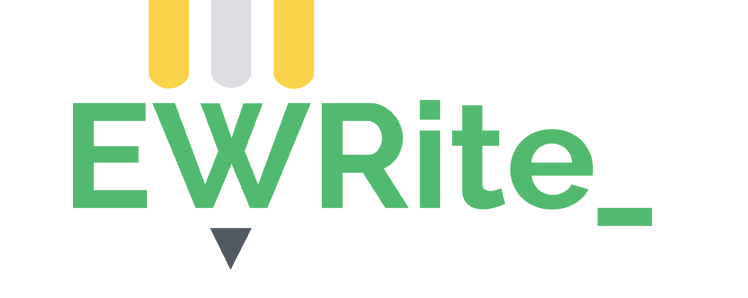Critiques
1. What are critiques?
Critiques encompass a broad category of writing, but what all critiques have in common at their core is some kind of critical evaluation. This critical evaluation might be applied to a film, book, work of art, theory, journal article, and project proposal, amongst others. It is important to note that the “critical” aspect of the evaluation does not refer to a strictly negative viewpoint—strengths can and should also be highlighted. Instead, a critical approach to evaluation often examines the purpose, goal or function of a work and discusses to what extent various aspects of the work successfully fulfill that purpose or function. To do this, most academic writers will read more about the work in question, in particular gathering relevant views and ideas from experts in the field as they formulate their own position on the work.
University instructors generally assign critiques in a course in order for students to deepen their knowledge and understanding in a specific area of a discipline. Critiques also give students the opportunity to become more familiar with a significant creator, theorist or seminal work in a field, and develop analytical and research skills that they can apply later to other important creators, theorists or cases.
|
|
Critiques |
|
Purpose |
To demonstrate an understanding of the area of study and the ability to evaluate its significance |
|
Stages / components |
Ø Introduction with background information and statement of critical evaluation Ø Summary/description of work with some key details Ø Main arguments in support of critical evaluation Ø Conclusion |
|
Examples |
Ø Academic paper review Ø Business/organisation evaluation Ø Financial report evaluation Ø Project evaluation Ø Review of a book / film / play / website |
(adapted from Nesi & Gardner, 2011, p. 38)
About this website
EWRite is an open access online literacy platform for PolyU community that has two major objectives:
- to support PolyU students’ literacy development within and across the disciplines
- to support subject and language teachers to implement system-level measures for integrating literacy-sensitive pedagogies across the university
This platform provides access to generic genre guides representing typical university assignments as well as links to subjects offered by faculties with specific disciplinary genres and relevant support materials.
The materials can be retrieved by students by choosing the genres that interest them on the landing page. Each set of materials includes a genre guide, genre video, and a genre checklist. The genre guide and video are to summarize the genres in two different ways (i.e. textual and dynamic) to fit different learning styles. The genre checklist is for students to self-regulate their writing process. The genre guide and checklist include links to various ELC resources that can provide further explanation to language items (e.g. hedging and academic vocabulary).
The platform also acts as a one-stop-shop for writing resources for students, language teachers and subject leaders. Information about the English Writing Requirement policy can also be found on this platform. There are training materials for new colleagues joining the EWR Liaison Team.


